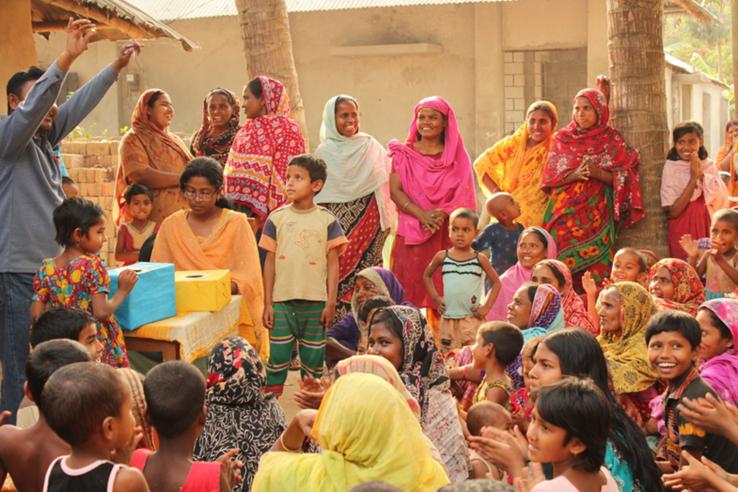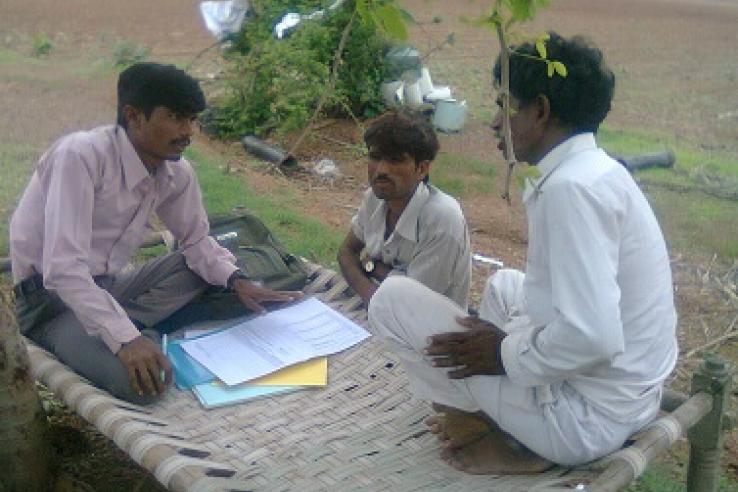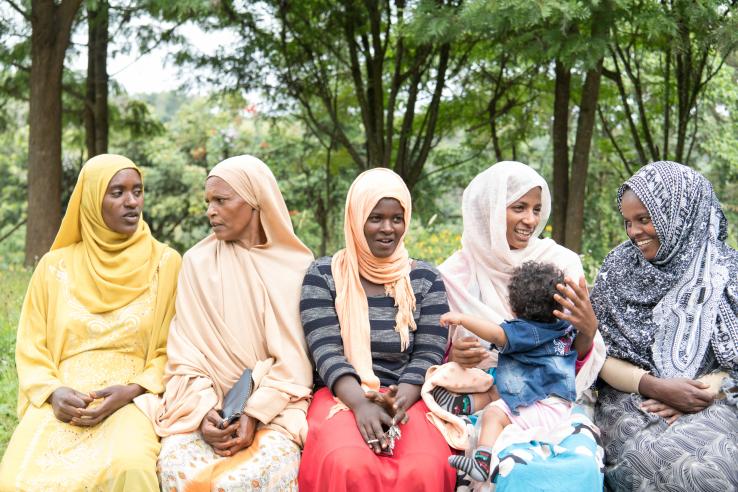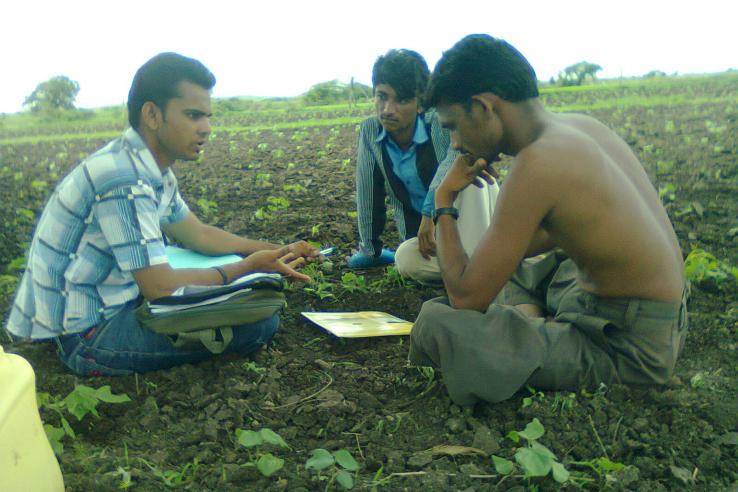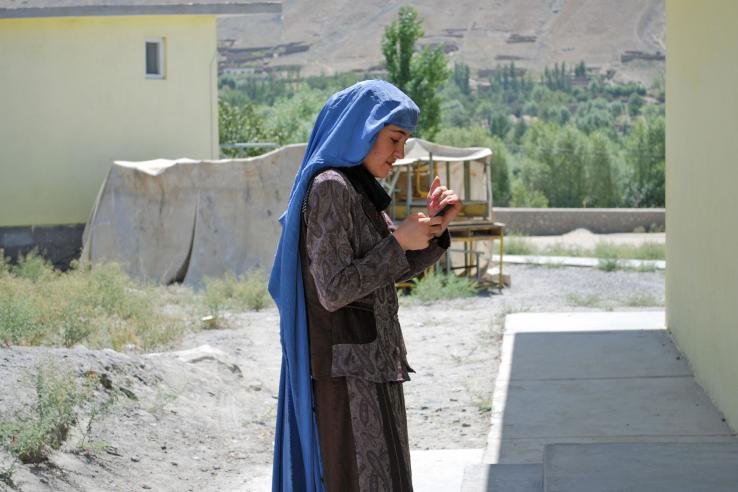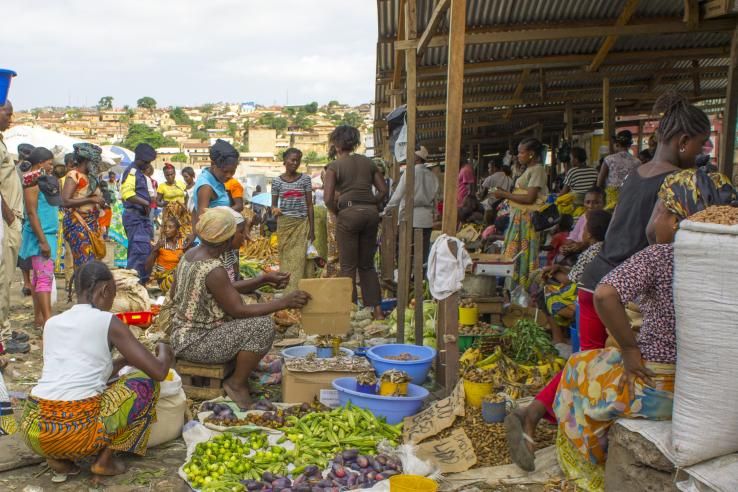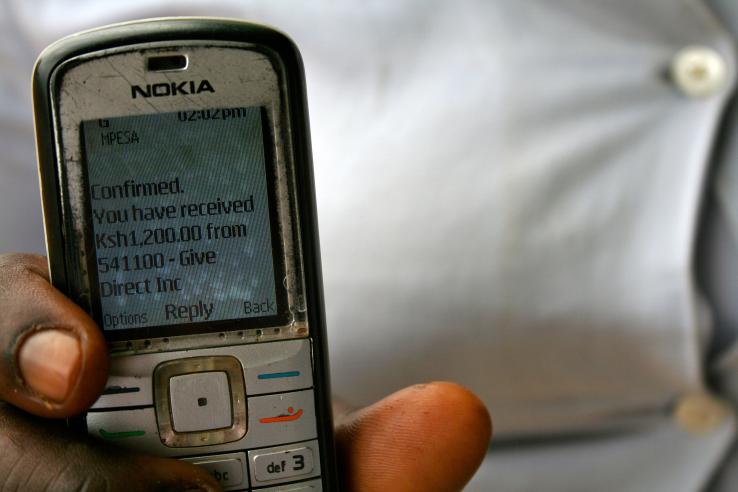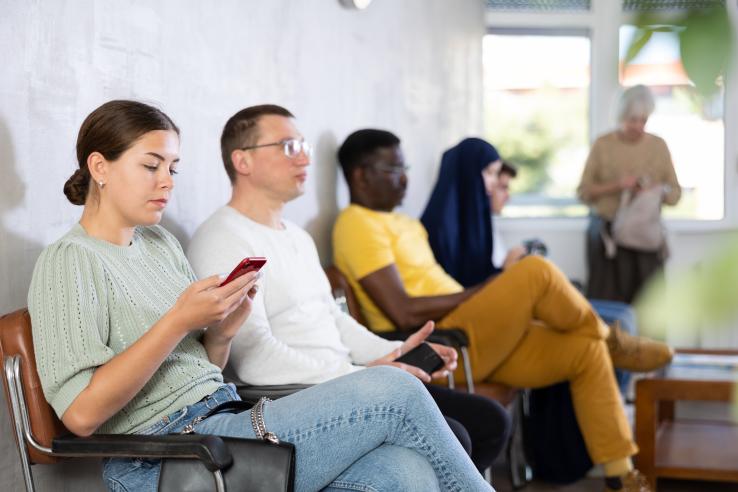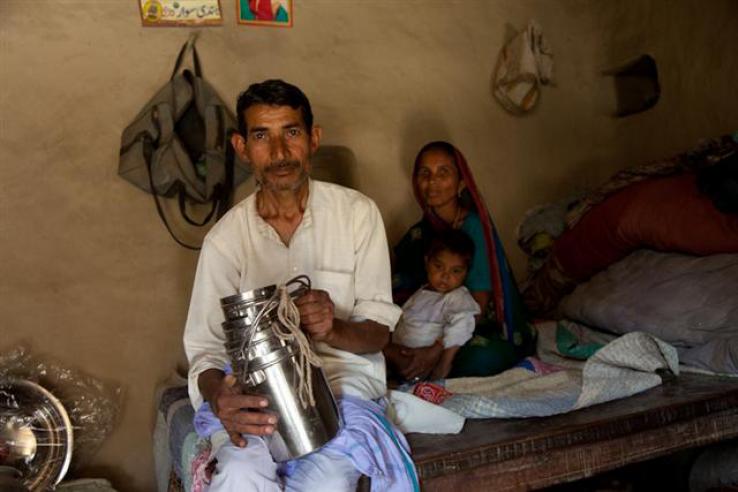Displaying 856 - 870 of 1291
Evaluation
In Tanore district of Bangladesh, researchers tested the impact of providing external subsidies for sanitation projects on the behavior of local leaders and, subsequently, on constituents’ perception of their performance. They found that while constituents credited leaders for the sanitation program when the funding source was unknown, they did not credit local leaders when funding information was made transparent.
Evaluation
Researchers conducted a randomized evaluation to test how informal insurance within Indian sub-castes affected the demand for formal rainfall insurance, and subsequent risk-taking among households employed in agriculture. Informal insurance both increased and decreased the demand for formal rainfall insurance, depending on the extent to which informal and formal insurance covered individual losses.
Evaluation
In Ethiopia, researchers tested whether linking microcredit and family planning services could increase contraceptive use more than either program in isolation. Neither the linked program nor the isolated programs had any detectable impact on contraceptive awareness, use, or intention to use.
Evaluation
Researchers conducted a randomized evaluation to test the impact of providing financial literacy education alongside various marketing strategies to small-scale farmers in Gujarat, India, on their demand for rainfall index insurance. Financial education had a significant effect on adoption of rainfall insurance, but was not a cost-effective way to raise demand.
Evaluation
Researchers evaluated the effect of randomly offering varied wages to bean-sorting workers in rural Malawi. While offering higher wages caused workers to increase their productivity, it did not attract more productive workers.
Evaluation
Researchers evaluated the relationship between mobile money usage and violence in Afghanistan. Results suggest that access to a mobile salary payment system increased mobile money usage, but expectations of violence significantly decreased usage and increased cash savings instead.
Evaluation
Researchers found that matching gifts were an effective fundraising tactic, increasing the likelihood of donation and total donations, but larger match ratios did not return more donations than smaller match ratios.
Evaluation
Researchers tested the relative effectiveness and cost-effectiveness of an unconditional cash transfer and a voucher program on household consumption and well-being in a camp for internally displaced persons in the Democratic Republic of Congo. Both programs increased food security and asset ownership, but cash transfers were more cost-effective and allowed households to purchase a more diverse set of food and non-food items.
Evaluation
In Rarieda, Kenya, researchers conducted a randomized evaluation to measure the impact of GiveDirectly’s UCT program on poor rural households’ economic and psychological well-being. Results demonstrated that the program had significant welfare-improving impacts, both economically and psychologically, for transfer recipients.
Evaluation
Researchers studied whether financial incentives offered to elementary school students could increase standardized test scores. Students who were eligible to win gift certificates had higher math scores and read more.
Evaluation
Researchers are evaluating the impact of making environmental inspections of high-polluting industrial plants more frequent and removing regulator discretion in selecting plants for inspection on regulatory compliance and pollution emissions in Gujarat, India.
Evaluation
Researchers evaluated whether a conditional cash transfer targeted to youth aged 18 to 23 could encourage participation in a job placement program and ultimately help them secure longer-term, higher-paying positions. The cash transfer increased participation in the job placement program but did not increase participants’ job search efforts or employment rates. In the short run, the transfers had a negative impact on employment.
Evaluation
Researchers studied the impact of private school vouchers on the altruism, or selfless concern for others, of children and their parents. Voucher recipients demonstrated more altruism towards charitable organizations, but not towards their peers.
Evaluation
Researchers evaluated whether the ethnicities of wholesale buyers and sellers in Chennai, India, affected the transaction terms. They found that traders offered lower prices to buyers of the same ethnicity, but not necessarily because they trusted them more.
